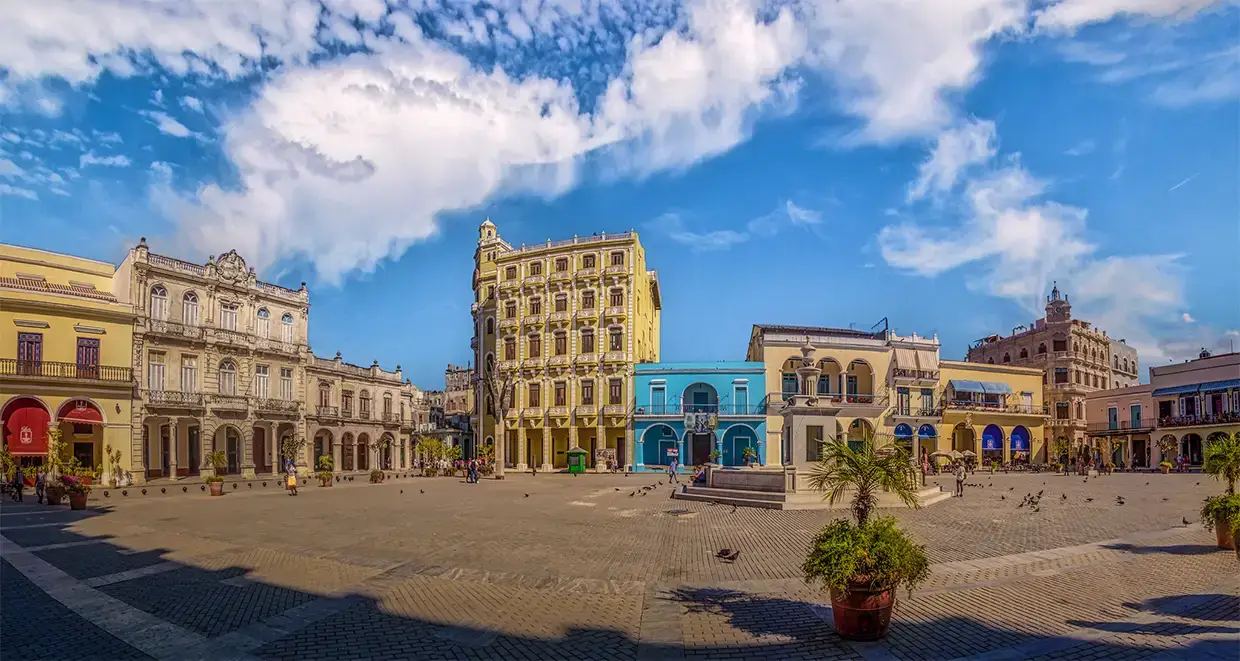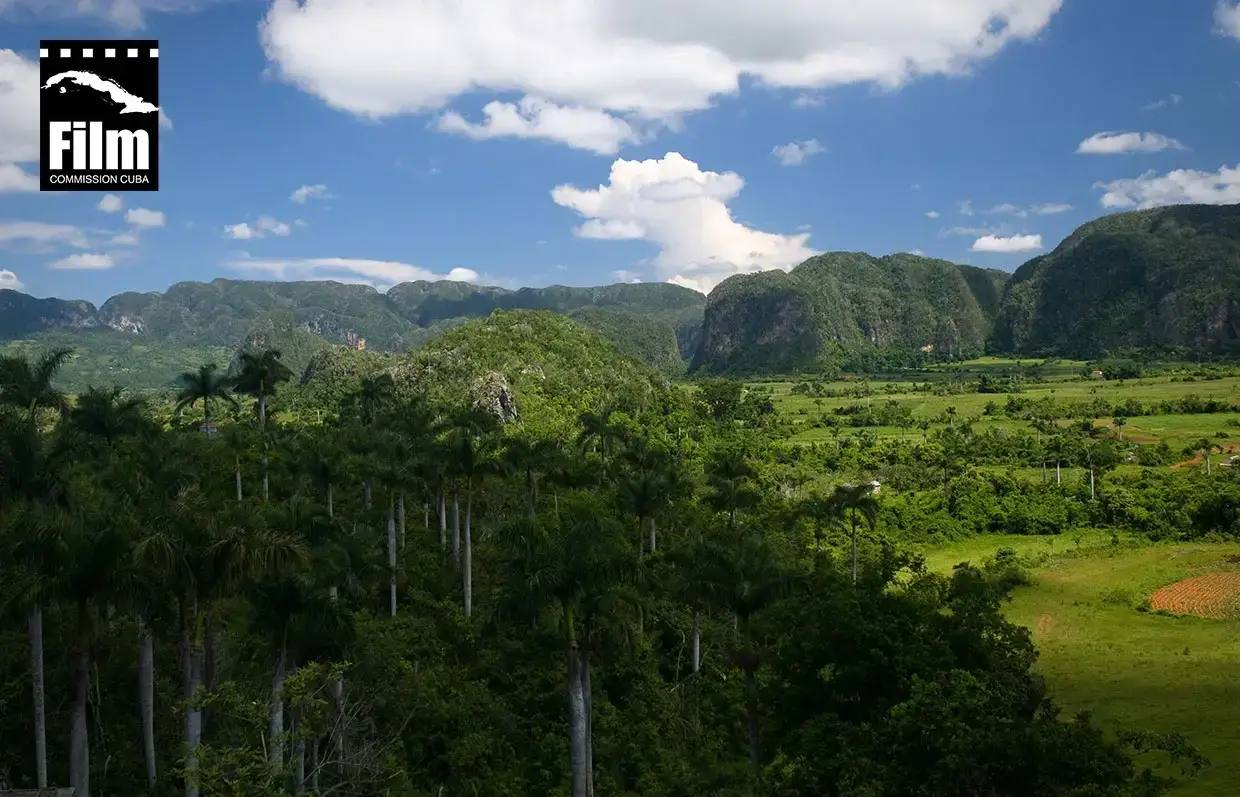
Why Film in Cuba?
Compared to other Caribbean islands, Cuba truly stands out from the crowd, and its incredible geography gives it an even greater appeal.
Cuba is an island country in the Caribbean only 90 miles south of the U.S. and home to over 11 million people. Cuba is the most populous island nation in the Caribbean, as well as the largest by area (larger than some European nations). The island is 1,250 km (780 mi) long and 191 km (119 mi) across its widest points and 31 km (19 mi) across its narrowest points. Although Cuba is often considered a ‘large’ island, it’s actually made up of a staggering 4,195 islands, islets and cays, all of which can be found at the intersection of the Gulf of Mexico, the Caribbean Sea, and the Atlantic Ocean.
Its people, culture, and customs draw from unique and diverse sources, such as the aboriginal Taíno and Ciboney peoples, the period of Spanish colonialism and the introduction of African slaves. In addition, Cuba has some of the best educated labor forces in the world, due to an exceptional 99.8% literacy rate.
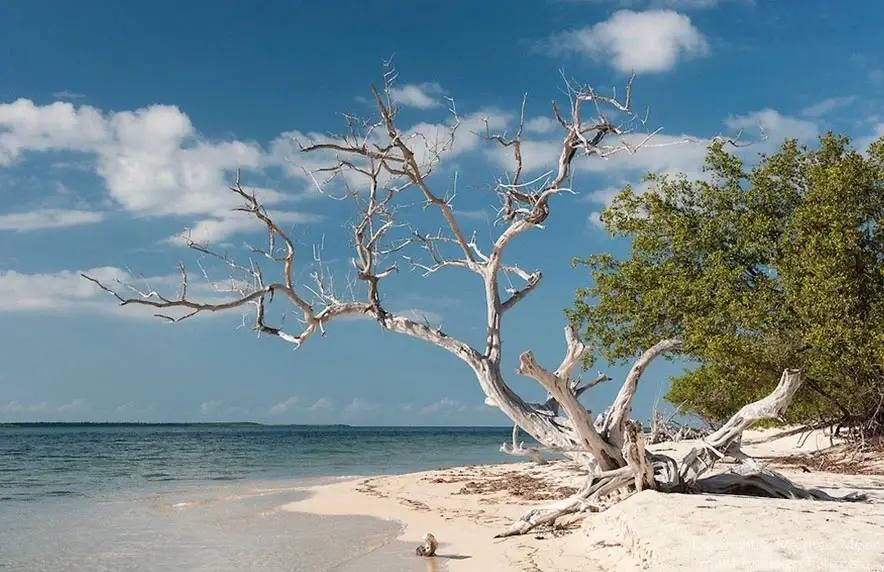
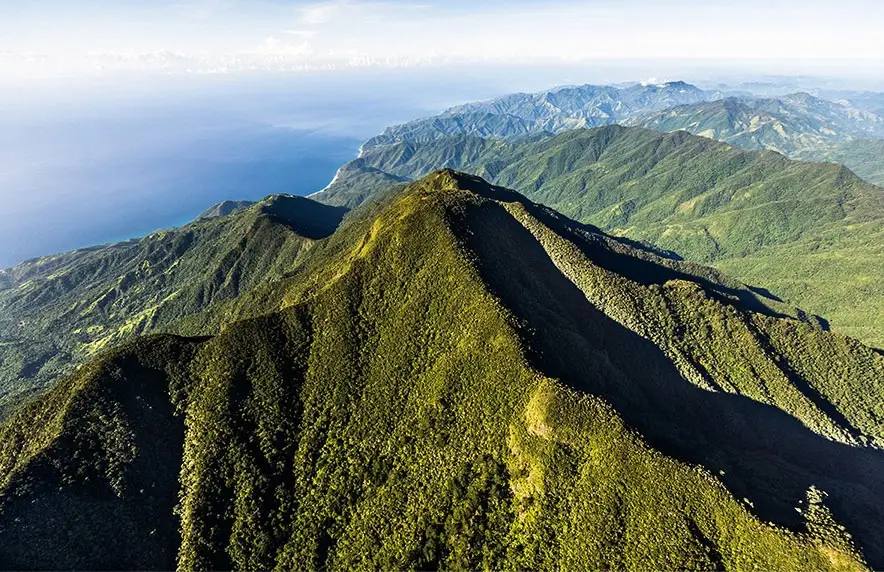
Geographically, Cuba is an untouched paradise. In 2006, Cuba was the only nation in the world which met the World Wide Fund for Nature’s definition of sustainable development; having an ecological footprint of less than 1.8 hectares per capita and a Human Development Index of over 0.8 for 2007. This makes the island an ideal backdrop for ecological and nature projects.
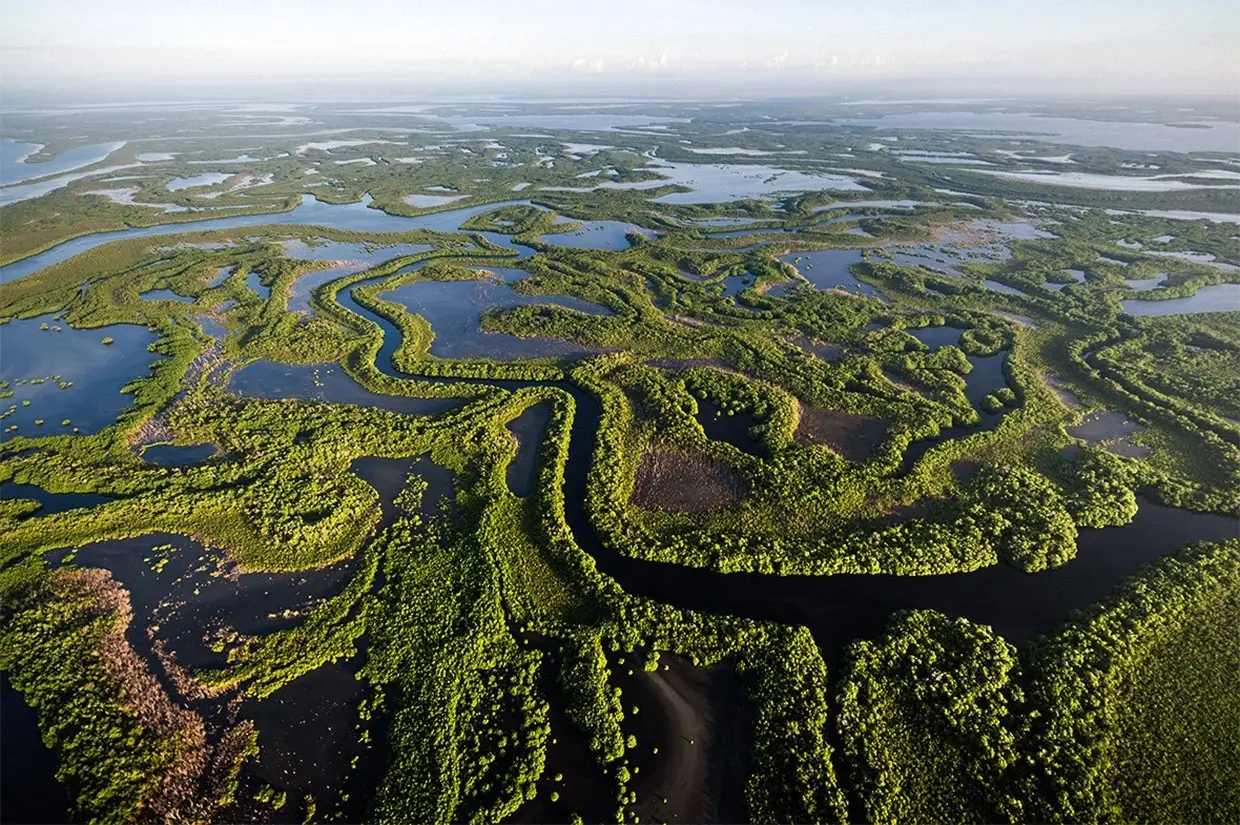
On top of this, Cuba is also home to nine UNESCO sites. Properties inscribed on the World Heritage List include: Cultural – Archaeological Landscape of the First Coffee Plantations in the South-East of Cuba – Historic Centre of Camagüey – Old Havana and its Fortifications – San Pedro de la Roca Castle – Trinidad and the Valley de los Ingenios – Urban Historic Centre of Cienfuegos – Viñales Valley – NATURE – Alejando de Humboldt National Park – Desembarco del Granma National Park – TENTATIVE LIST – National Schools of Art – Ciénaga de Zapata National Park – Reef System in the Cuban Caribbean.

Cuba has a special and unique cultural make-up, influenced by its melting pot of Spain and African immigrants. This diversity has made Cuba the birthplace of many musical and dance styles. The central form of music in Cuba is Son, which has been the basis of many other musical styles like salsa, rumba and mambo and an upbeat derivation of the rumba, the cha- cha-cha. Rumba music originated in early Afro-Cuban culture. The Tres was also invented in Cuba, but other traditional Cuban instruments are of African origin, Taíno origin, or both, such as the maracas, güiro, marimba and various wooden drums including the mayohuacan. Popular Cuban music and dance of all styles has been enjoyed and praised widely across the world.

Cuba also has over 200 beaches, of which Varadero Beach, the Eastern Havana Beaches (Playas del Este) or the unexplored keys (Cayo Largo, Cayo Coco, Cayo Guillermo,…) are good examples. Out of the 588 kilometers of the beaches of Cuba, 256 of its foreshores are comprised in the country’s twelve major tourist circuits, all of them outfitted with great hotel and nautical facilities for filming underwater or on sea.
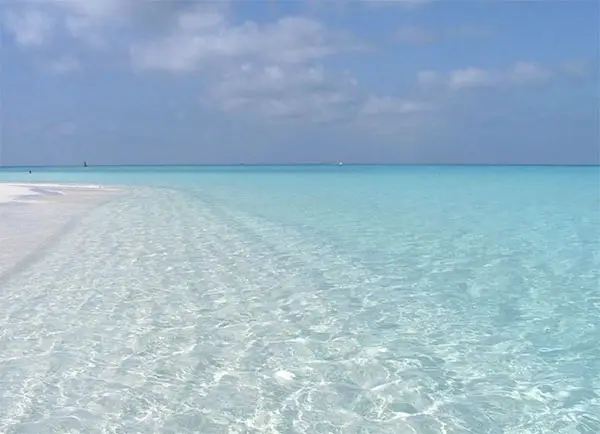
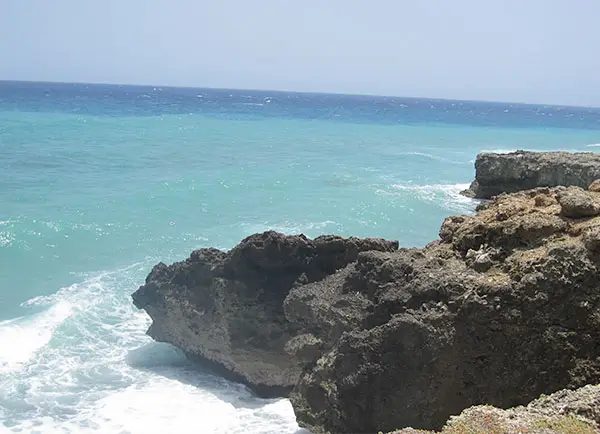
Production Friendly
With the US dollar as our international business currency, short distances between city locations and direct flights to Havana via the US, Canada and Europe, Cuba is a logistically viable option for foreign productions and filmmakers alike. With full equipment rental houses, ground transportation, catering, seasoned technical crew, coupled and world-leading costs, you’ll be turnkey ready to film in no time.
In conclusion, Cuba is a country that is known for its diverse landscape, which includes everything from mountains and beaches to forests and swamps. The country’s natural beauty is a major draw for tourists from around the world who come to explore the many outdoor activities and experiences that Cuba has to offer. Whether you are shooting a documentary or are looking for a unique and exciting backdrop for your next feature film, Cuba’s production friendly environment has something for every filmmaker to benefit from.
For more interesting information on why Cuba should be your next production destination, email us at filmcommissioncuba.org.
